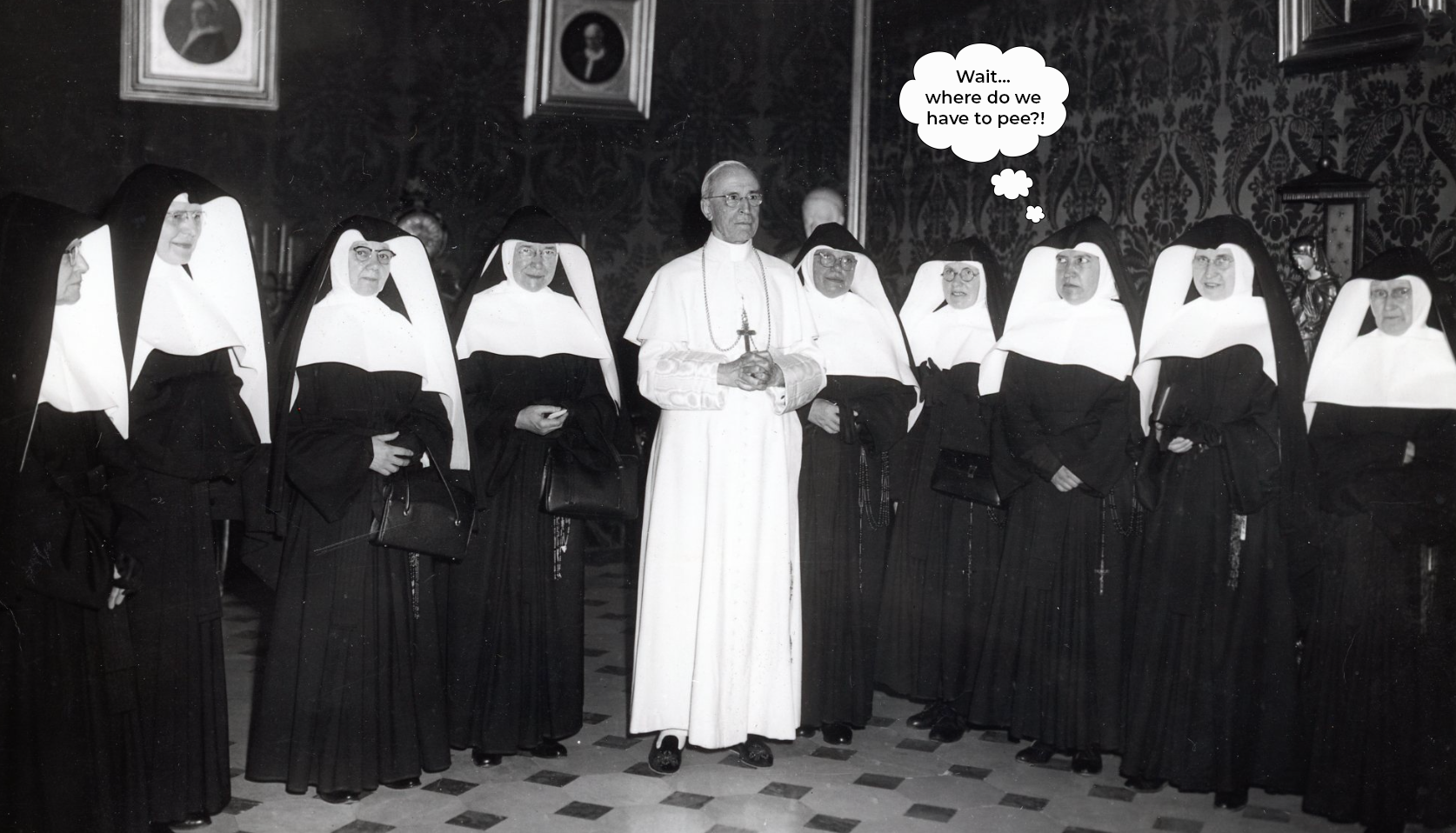The strange story of the fertility drug blessed by the Pope

Perhaps no drug has as curious an origin story as Pergonal, a hormonal fertility treatment responsible for millions of babies.
Piero Donini, a scientist working in the late 1940s for the Italian pharmaceutical company that would later be known as Serono, was the first to extract and purify FSH and LH, the hormones that stimulate ovulation. Donini discovered that the highest levels of FSH were in post-menopausal women.
Donini called his new substance Pergonal and speculated that it could be used to treat infertility.
It wasn’t until a decade later that scientists in Geneva exploring infertility heard of Donini’s work. He was contacted by Bruno Lunenfeld, who was researching the use of human hormones to stimulate pregnancy. Lunenfeld made the case to Serono’s executives for producing enough of the drug to run a clinical trial. One problem: the drug would require thousands of gallons of urine from menopausal women.
But where could they find enough women to volunteer their urine?
In stepped Giulio Pacelli, an Italian aristocrat on the Serono board and the nephew of Pope Pius XII. His uncle was (rather remarkably) persuaded to the cause and decreed that retired nuns would henceforth pee in special bathrooms.
Soon, tanker trucks were hauling the wee of hundreds of nuns from Catholic retirement homes across Italy to Serono’s headquarters in Rome. It took about 10 nuns 10 days to produce enough urine for one treatment. While the urine of any post-menopausal women would work, nuns provided Serono with an extra advantage: because hormones from pregnant women would contaminate the batch, it was critical that none of the women were pregnant. Working with nuns improved the odds somewhat!
In 1962, a woman treated by Lunenfeld with Pergonal in Tel Aviv gave birth to a baby girl, the first child born from the treatment. Within two years, another 20 pregnancies had been achieved with Pergonal, and by the mid-1980s, demand had grown so great that Serono needed 30,000 litres a day to produce sufficient quantities of the drug.
With shortages appearing, the company began to synthesize the hormones in labs, and the resulting treatment, Gonal-f, was approved in 1995. Serono was acquired in 2007 by Merck, which continues to produce the drug today. No nuns' wee required!
source:https://qz.com/710516/the-strange-story-of-a-fertility-drug-made-with-the-popes-blessing-and-gallons-of-nun-urine